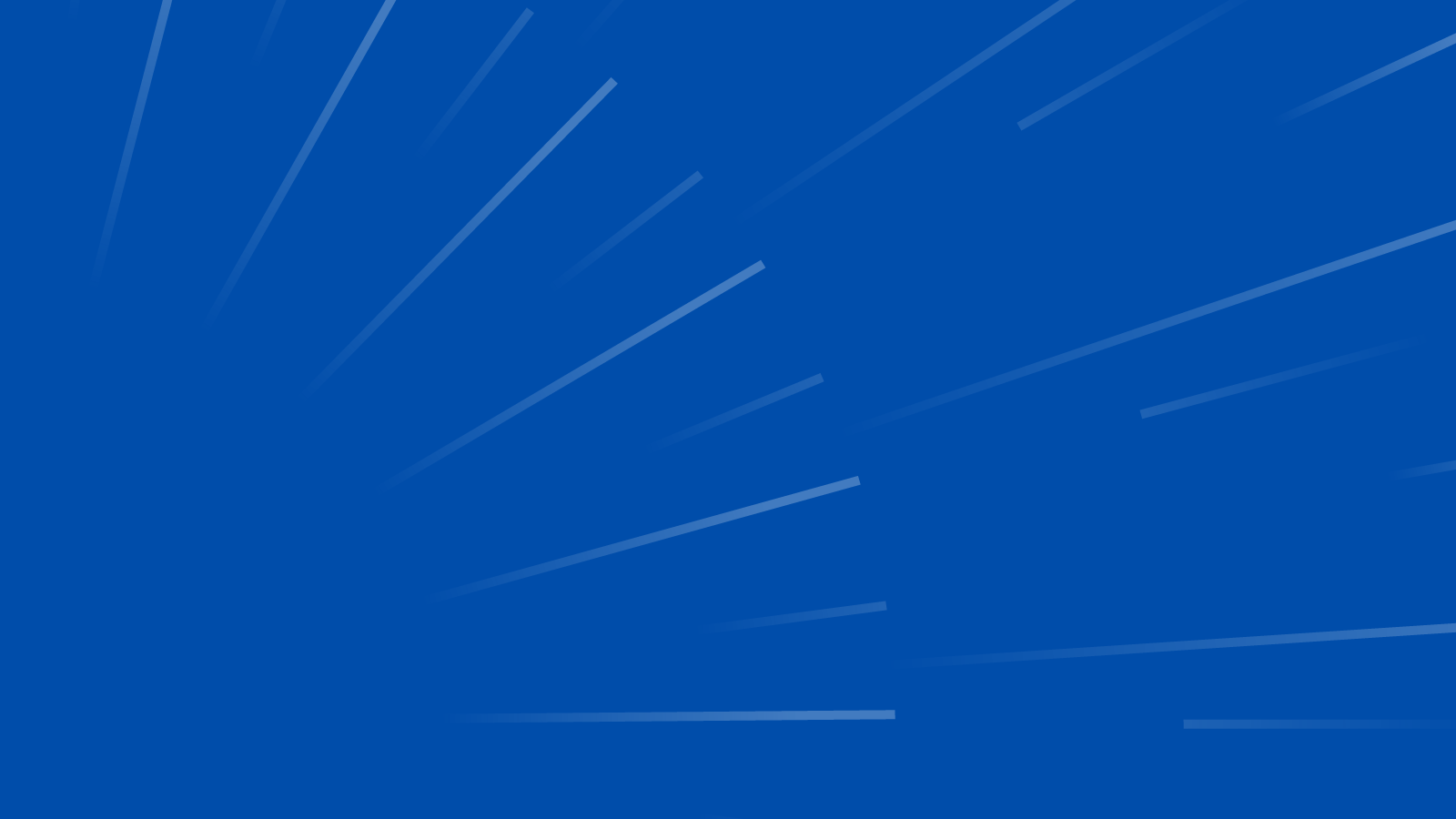This is a joint post with Michele de Nevers.The World Bank’s expanding public information mandate is the focus of Stephanie Strom’s
excellent article in Saturday’s New York Times. During Robert Zoellick’s tenure as the Bank’s president, he has promoted free public access to databases that formerly required a paid subscription, such as the
World Development Indicators, or were simply unavailable (such as
detailed information on the location, design, objectives and performance of Bank projects). We have no doubt that this excellent initiative will be a boon to development analysts and scholars worldwide.We also believe that the Bank can compound its contribution by opening another trove of information to the global development community – the Bank’s own wealth of internal seminars, workshops, brown-bag lunches, lectures and dialogues with governments, civil society organizations, business leaders and research organizations. Every day, literally dozens of these events are held at the Bank’s Washington headquarters and its regional and country offices. No other institution sponsors anything remotely comparable to this daily communication of knowledge about every developing country and every conceivable development topic. Unfortunately, despite President Zoellick’s initiative, most of it remains within the institution.During our World Bank careers, we worked together with many interested colleagues to promote the idea of global access to this wealth via the Internet. Our primary initiative was
B-Span, a public-access Bank website that is featured in Stephanie Strom’s
article and chronicled in a
recent book by our former colleague David Shaman. Thanks to David’s tireless efforts as B-Span’s manager, it flourished in its early years and showed every sign of expanding to near-universal coverage of the Bank’s internal development dialogue. But that was before YouTube, webcam coverage was relatively expensive and, in those pre-Zoellick days, some Bank managers balked at the idea of such broad dissemination of the Bank’s internal dialogue. Over time these factors took their toll, and B-Span has retreated to coverage of
big-ticket events or
internal sessions that can pay for their own coverage. Meanwhile, literally thousands of events go uncovered every year because they don’t have dissemination budgets -- a great loss to the global development community that can be rectified by the stroke of a high-level pen in the President’s office, or in the offices of the Bank’s External Relations Vice Presidency or the
World Bank Institute.Thanks to President Zoellick and his colleagues, the Bank has opened many of its databases to the global community. We urge that the same coverage now be extended to the extraordinary diversity and depth of its internal development dialogue: Expand B-Span to fulfill its original mandate, using the latest innovations in low-cost web access to share the Bank’s internal treasure trove with the global community. This will be a world-class contribution to the ongoing development dialogue, as well as a powerful advertisement for the Bank’s self-proclaimed role as a Knowledge Bank.
CGD blog posts reflect the views of the authors, drawing on prior research and experience in their areas of expertise.
CGD is a nonpartisan, independent organization and does not take institutional positions.





